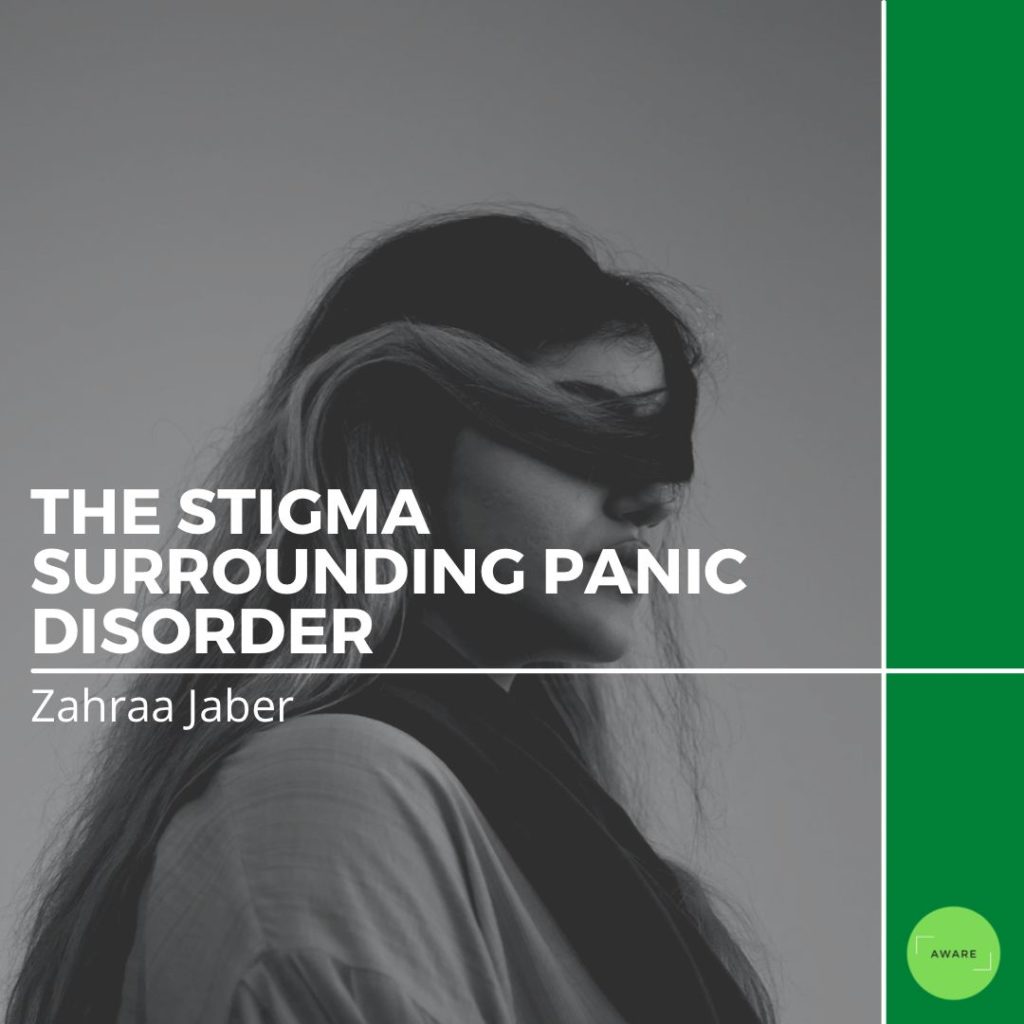Being stigmatized for having panic disorder can impact your relationships, career, and sense of self-worth. Being harshly judged by others for your condition may also be preventing you from seeking the treatment you need. Despite these potential setbacks, there are ways you can deal with the stigma of panic disorder.
What is Panic Disorder?
Many people have just one or two panic attacks in their lifetime, and the problem goes away, perhaps when a stressful situation ends. However, if you have had recurrent, unexpected panic attacks and spent long periods in constant fear of another attack, you may have a condition called panic disorder. Panic disorder is an anxiety disorder where you regularly have sudden attacks of panic or fear. So many people experience feelings of anxiety and panic at certain times. It is a natural response when it comes to stressful or dangerous situations. Yet, someone with panic disorder has feelings of anxiety, stress, and panic regularly and at any time, often for no apparent reason.
The Stigma
The stigma of panic disorder is often related to the lack of knowledge of the general public on the condition. There are many misconceptions about panic disorder that can contribute to prejudices and false assumptions. For example, some people may believe that those with panic disorder are just overreacting. Others may think that people with anxiety disorders are emotionally fragile or unstable. Furthermore, a person suffering from panic disorder may inflict this stigma on themselves, thus contributing to negative self-judgements. People also hold back from opening up due to the fear of being judged, feeling discriminated at work, and feeling ashamed.
How to Overcome the Stigma
The stigma associated with living with an anxiety disorder can prevent a panic sufferer from seeking treatment. However, getting a proper diagnosis and treatment can help you manage your symptoms and return back to your previous levels of functioning. Educating yourself can help you counteract any negative responses that you have heard. Gather as much information as you can, such as learning about panic disorder symptoms, diagnosis, and treatment options.
It can sometimes be difficult to talk about your feelings, emotions, and personal life, but try not to feel anxious or embarrassed. Do not feel ashamed to seek professional help. You may be diagnosed with panic disorder if you have regular and unexpected panic attacks followed by at least a month of continuous worry or concern about having further attacks.
